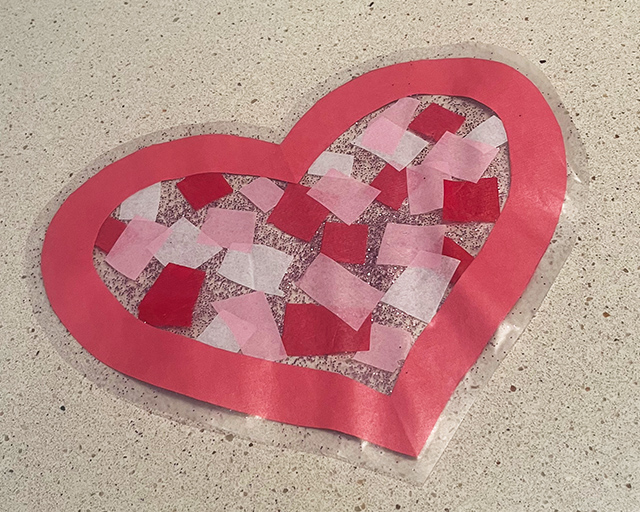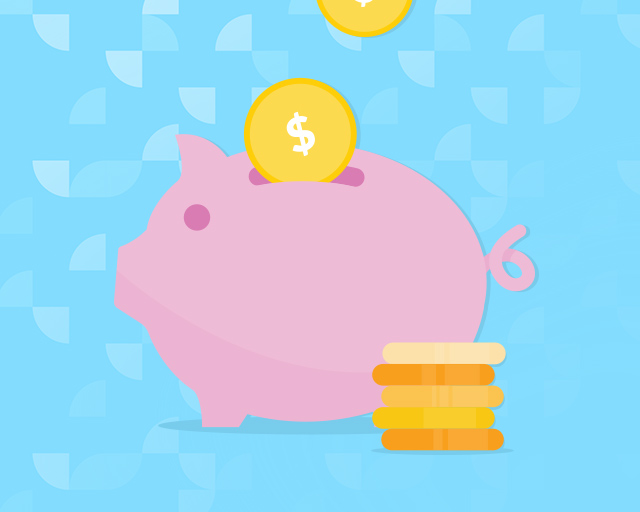

Are you excited to spend an afternoon organizing your financial paperwork? If the answer is no, that’s OK. We understand this isn’t how most people like to spend their precious free time.
But hey, you’re here. You’re serious about tackling this project, and that’s what counts. Here’s the good news: this task will be easier than you imagine. Really!
Keep in mind, the benefits of organizing your bills and other paperwork are huge. Having reminders for due dates and a system for filing your papers will make life so much easier. That’s worth spending a little time organizing, right?
These 5 tips will help you get your financial paperwork in order. Let’s get started.
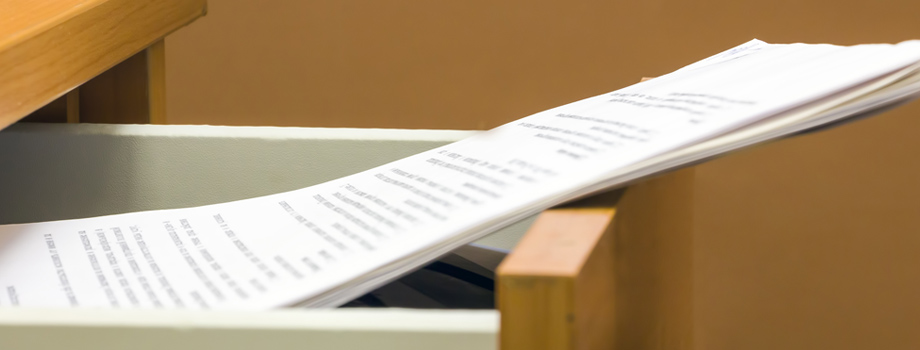
1. paperwork needs a home
Important papers and financial documents can easily get scattered and end up in different places. The first step in getting organized is finding one spot to keep your paperwork.
It doesn’t need to be a home office or large space. Maybe a kitchen drawer, a corner of the living room or a hall closet would work. Gather all your financial papers and important documents into this one spot.
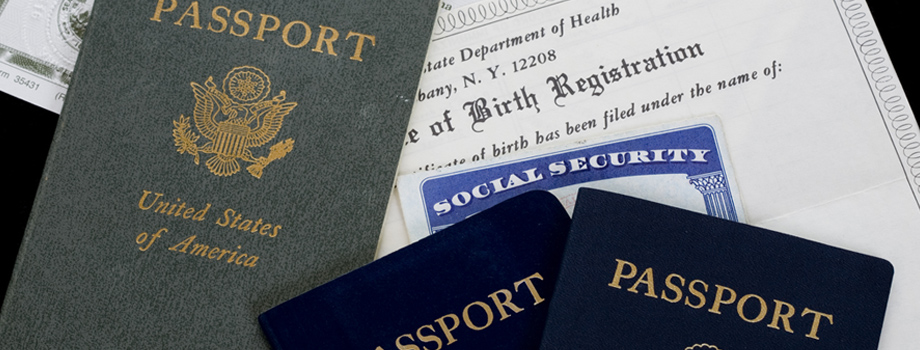
2. important documents
There are some documents you’ll need to keep a long time, possibly forever. Keep these things in one, safe place. Some of these important papers include:
- birth certificates
- death certificates
- marriage certificates
- divorce decrees
- Social Security cards
- passports
- loan agreements
- credit card agreements
- mortgage documents
- living wills
- insurance policies
- pension/retirement plan papers
- car titles
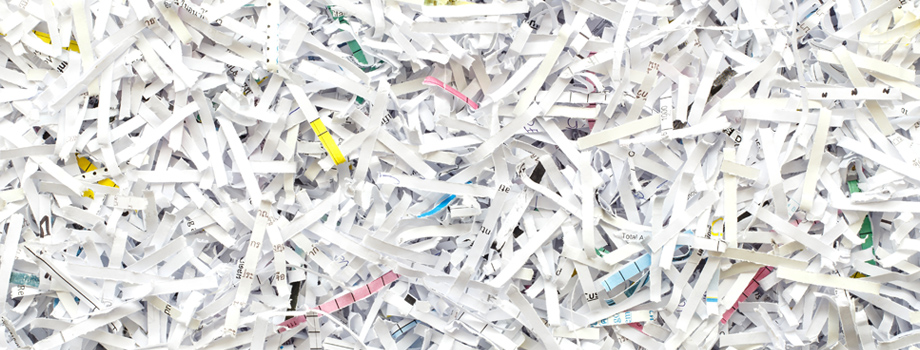
3. save or shred
Now is a great time to throw away papers you no longer need. It’s best to shred or tear up sensitive documents. And if you can, try to recycle your papers.
It’s a good idea to keep financial paperwork for seven years if you use it to calculate your income taxes.
Here are more guidelines to help you decide what to save or shred — and how long you need to keep certain items.
tax records
It’s a good idea to keep tax records for seven years.1 To be safe, try to keep tax returns as long as possible, in case you’re audited.
loan documents
Keep your loan paperwork until the loan is paid off.2
bank and credit card statements
Hold on to these documents for one year.3
bills
You can throw away bills once you’ve verified your payment has been correctly recorded.2
ATM receipts
You only need to keep ATM receipts until you’ve verified that the bank correctly made the transaction.3
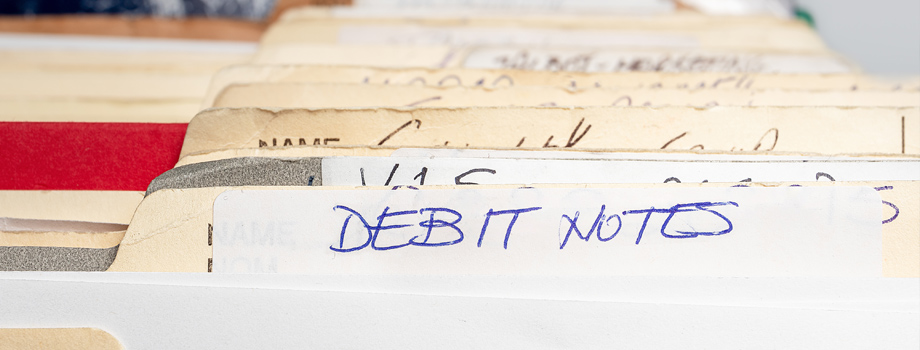
4. categorize and organize
Now is your chance to organize these documents. Divide your paperwork into groups that make sense to you. Tax records, loan papers, pay stubs, store receipts, warranty information on large purchases and all your paperwork can have its own category.
Store papers in 3-ring binders or cardboard file holders with folders. Pocket folders work well, too. Be sure to label the binders or folders with categories.

5. reminders for bills
Keeping track of deadlines for all your monthly bills isn’t easy. Here’s a system that can help you stay on top of it.
Make a list of all your bills and their due dates. Then set up reminders for each due date. If you prefer electronic reminders, use your phone’s reminder app or a digital calendar. If written reminders work best for you, write due dates on a wall calendar.
Congratulations, you did it! Now it will be easy to file new documents, toss what you don’t need and stay on top of due dates. Go ahead and tell your friends and family how organized you’ve become. And treat yourself to something special for a job well done.





